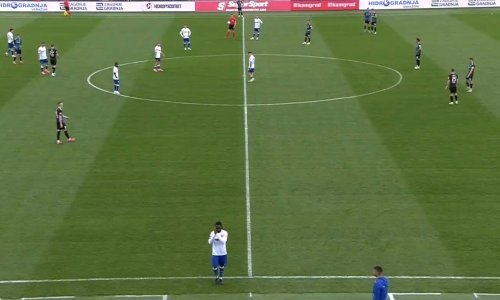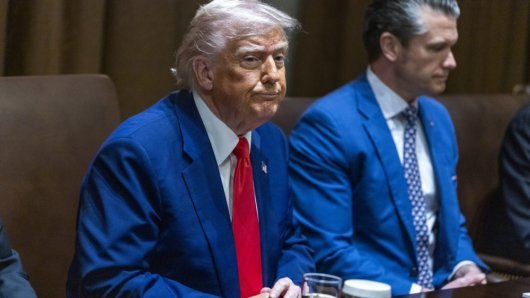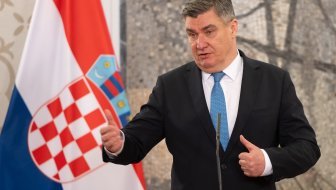The Slovenian parliament on Wednesday evening ended after nine hours a special session on a Croatian-Slovenian border arbitration deal without agreement between the ruling coalition and the opposition on whether the deal is good for Slovenia and whether it should be supported in a June 6 referendum or not.
Prime Minister Borut Pahor and Foreign Minister Samuel Zbogar told MPs that the border arbitration agreement should be supported because Slovenia would then gain access to the high seas, while opposition MPs claimed otherwise.
Opposition leader and former PM Janez Jansa said he did not believe PM Pahor when he said that he had obtained Croatia's unofficial consent to Slovenia being given territorial access to the high seas as a result of international arbitration, because he had not provided evidence for it, because statements by Croatian PM Jadranka Kosor spoke differently, and because a unilateral statement the Croatian parliament adopted ahead of the ratification of the border arbitration agreement spoke differently.
Jansa said that denials issued by the Swedish and US embassies on Wednesday, which bear witness to the fact that Croatia and Slovenia did not submit a joint statement to Sweden and the US as the witnesses to the arbitration agreement, enabled the Pahor cabinet to revoke the arbitration agreement and cancel the June 6 referendum, in order to avoid causing divisions among Slovenians.
After that, new talks with Croatia are possible, with Slovenia taking advantage of its more favourable position as an EU member, Jansa said.
He added that his Slovenian Democratic Party (SDS) had included in its platform a provision under which the border dispute with Croatia has to be solved before Croatia joins the EU and that it would insist on it even if the arbitration agreement was endorsed in the referendum.
Representatives of the ruling coalition described as "undemocratic threats" Jansa's statements that he would oppose international arbitration in the border dispute and that he would not accept the ruling of the arbitral tribunal if it did not confirm Slovenia's territorial access to the high seas.
Pahor said that voting for the arbitration agreement meant voting for the future and for an equitable solution to the border issue, adding that rejecting the agreement would lead Slovenia into new conflicts and instability, and that the international community would not understand it.
Pahor said that until the end of the referendum campaign in Slovenia he would avoid making any statements that could harm or threaten the credibility of Croatian PM Kosor.
He said that he had negotiated with her in good faith and reached an agreement that suited Slovenia and its interests, while the opposition was not offering any alternatives but rather a return to the past and to conflicts.
The Slovenian Foreign Ministry on Wednesday issued a statement dismissing claims by Slovenian opposition leaders that the arbitration agreement with Croatia is "dead" and that it could turn out to be a result of a "trick".
Speaking in parliament today, Jansa said that the agreement could be annulled under international law, which would be possible if it was proven that the Slovenian side had known about Croatia's position that the agreement cannot be interpreted as Croatia's consenting to the claim that Slovenia has the right to territorial access to the high seas.


































